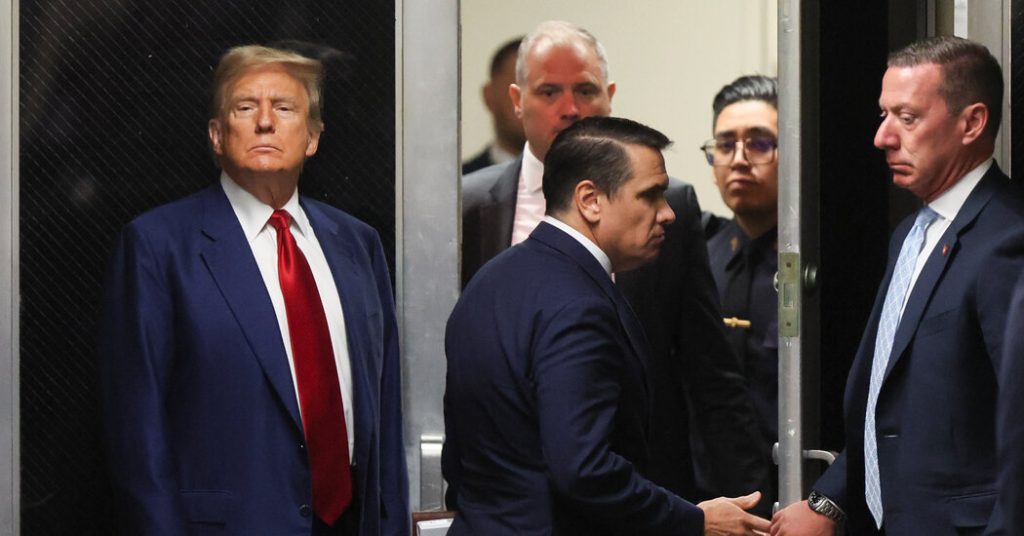In April 2018, news broke that federal agents searched Michael Cohen’s home, the man who concealed some of President Donald J. Trump’s deepest secrets. Initially defending Cohen, Trump distanced himself within weeks, refusing to pay his legal bills and rejecting pleas for a pardon. On the other hand, when prosecutors turned their focus to Allen Weisselberg, Trump’s financial gatekeeper, the Trump Organization paid Weisselberg’s legal fees and awarded him a severance with conditions. Despite this, Weisselberg lied during his testimony and pleaded guilty to perjury, while Cohen is set to become a key witness for the Manhattan district attorney at Trump’s criminal trial next month.
The contrasting cases of Cohen and Weisselberg illustrate Trump’s tactics to avoid crisis and control witnesses. As Trump faces multiple indictments and lawsuits while seeking to reclaim the White House, he lashed out on social media, mixing enticements with threats for those who might testify against him. Despite attacks from Trump, Cohen and others are still expected to testify against him, raising Trump’s legal jeopardy. The judge issued a gag order barring Trump from attacking potential witnesses and labeled his remarks as threatening and inflammatory.
The prosecution’s witness list for the Manhattan trial includes former Trump employees, campaign aides, and friends from the 2016 era. Cohen will testify about the hush-money deal with Stormy Daniels, while David Pecker and Hope Hicks may also give crucial testimony. Meanwhile, Weisselberg is not expected to testify for either side. Trump’s lawyers have portrayed Weisselberg as a victim of prosecutorial overreach and Cohen as an opportunistic liar, questioning their credibility as witnesses due to their guilty pleas and financial dependence on the Trumps.
Cohen’s loyalty to Trump nearly two decades ago led to his role as a fixer for the real estate mogul. However, he felt his loyalty was not reciprocated, culminating in his cooperation with prosecutors and guilty plea. In contrast, Weisselberg, Trump’s finance chief, faced pressure from prosecutors to turn on Trump, but a severance agreement prevented him from cooperating. When Mr. Trump’s lawyers pressed Weisselberg to testify in a civil fraud case, he lied during his testimony and later pleaded guilty to perjury.
In other federal cases against Trump, witnesses have faced similar treatment based on their loyalty or cooperation potential. Trump has paid legal fees for former aides and allies who are now witnesses against him but has resorted to attacks and threats on social media. Prosecutors in the cases have sought to protect witnesses from harassment and intimidation, with one appeal court affirming a gag order against Trump. The legal battles and witness testimonies highlight Trump’s attempts to maintain control over the narrative and witnesses in the face of mounting legal challenges.


